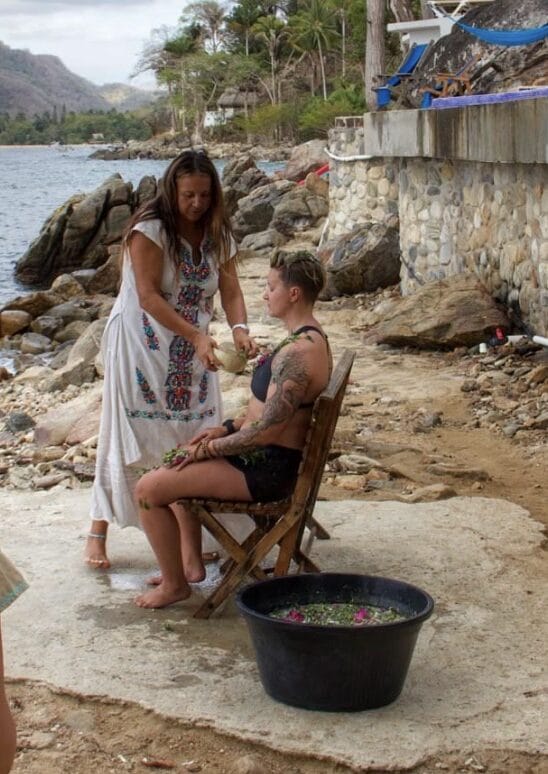

From Self to Service: Alex’s Story
By: Hannah Kimyon
HHP’s Marketing Director
Individual and Group Coach
In the shadows of a rigorous military career where she broke barriers as a leader of the Cultural Support Team (CST), the first program that placed women in combat alongside Special Forces, Alex found herself grappling with invisible wounds from her time serving. Her journey has taken her from being a trailblazer in the military to embracing the unconventional path of psychedelic healing, where she’s putting her leadership skills to use in a new and powerful way.
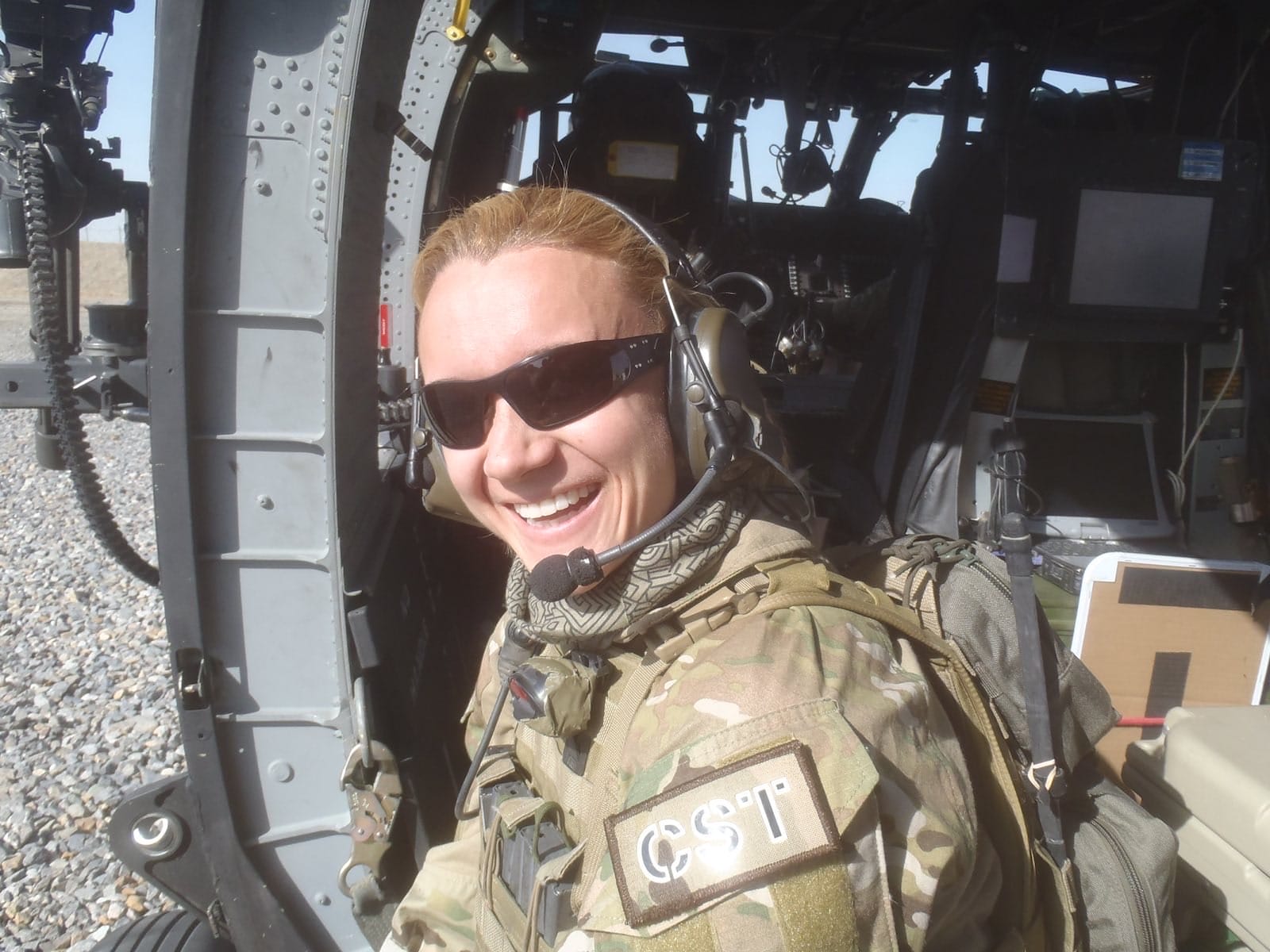

While in the military, she fought for acceptance in a world not yet ready to fully embrace women, let alone queer women, especially in combat roles. She recalls the internal conflict she felt around interacting with leadership and other soldiers she was deployed with: “In my twenties, it was assimilate, assimilate, assimilate… especially in the Special Operations community. In order to survive and progress in my career, assimilation was the only option.”
This struggle for acceptance on top of the already strenuous experience of combat took a toll on her mental and emotional well-being. After over a decade serving within the Special Operations community and multiple combat deployments, Alex found herself battling with suicidal thoughts and heavy drinking to numb the pain. She knew that living in such a cycle would not be sustainable and had exhaustively attempted various conventional methods to heal, yielding minimal to no results.
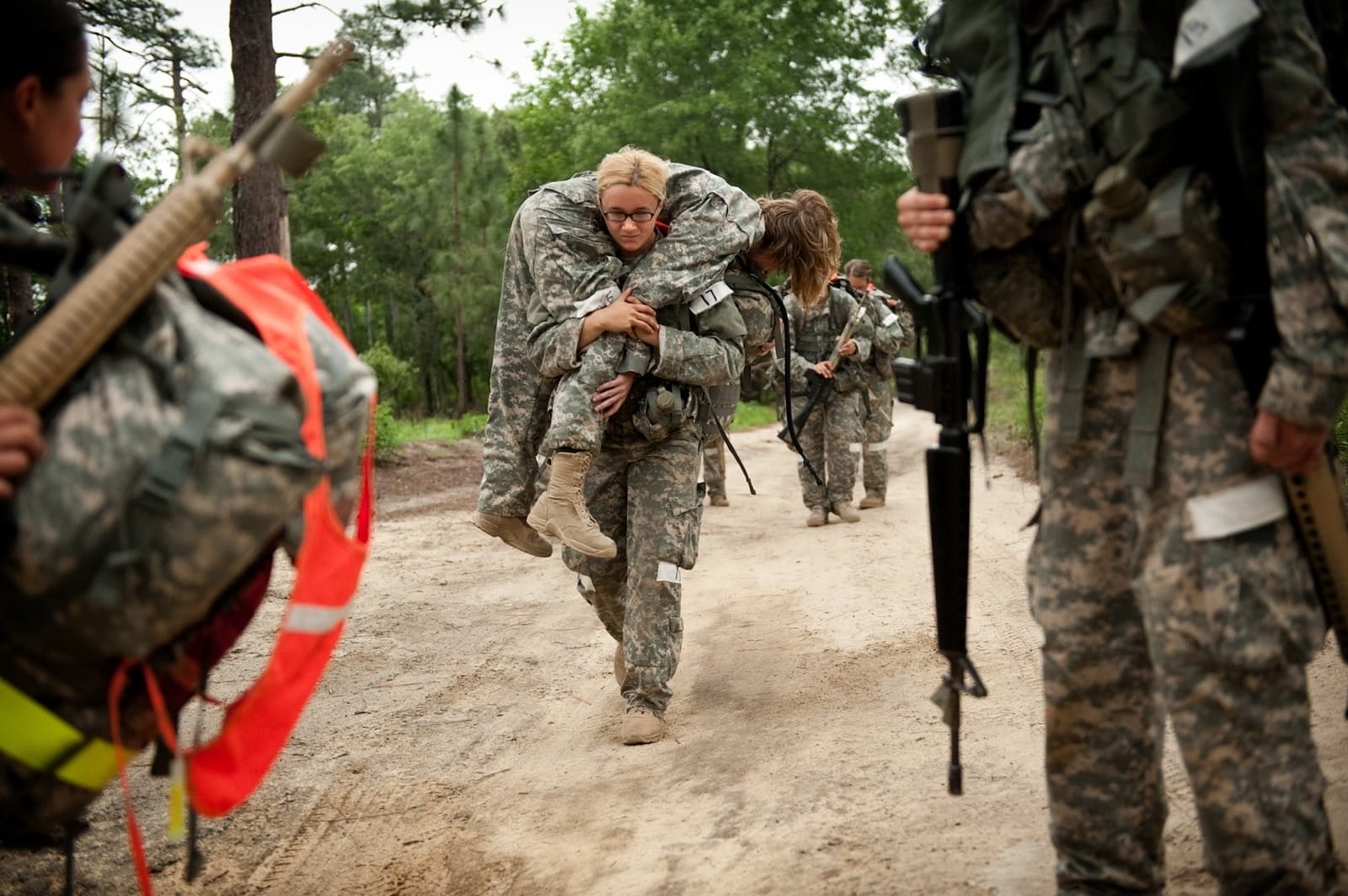

The turning point came when she went on a psychedelic retreat, a last-ditch leap of faith. She didn’t pursue psychedelics to escape her pain. Rather, it became a profound confrontation with her inner demons and allowed her to face her traumas head-on, to understand them in a new way, and to begin the process of reconciling them. “The first retreat was intense… It wasn’t what I expected, but it was exactly what I needed,” Alex reflects. It gave her hope and a glimpse of her new path forward.
Buoyed by her first experience, Alex became passionate about helping other Veterans while continuing along her healing journey. With a Masters in Organizational Psychology and a passion for equitable access to healing, she became a coach and advocate for HHP and contributed to organizing a retreat specifically for women who had worked within the Cultural Support Team with her or who had held similar combat roles. This retreat focused on creating a supportive environment that would acknowledge the unique experiences of female combat Veterans.
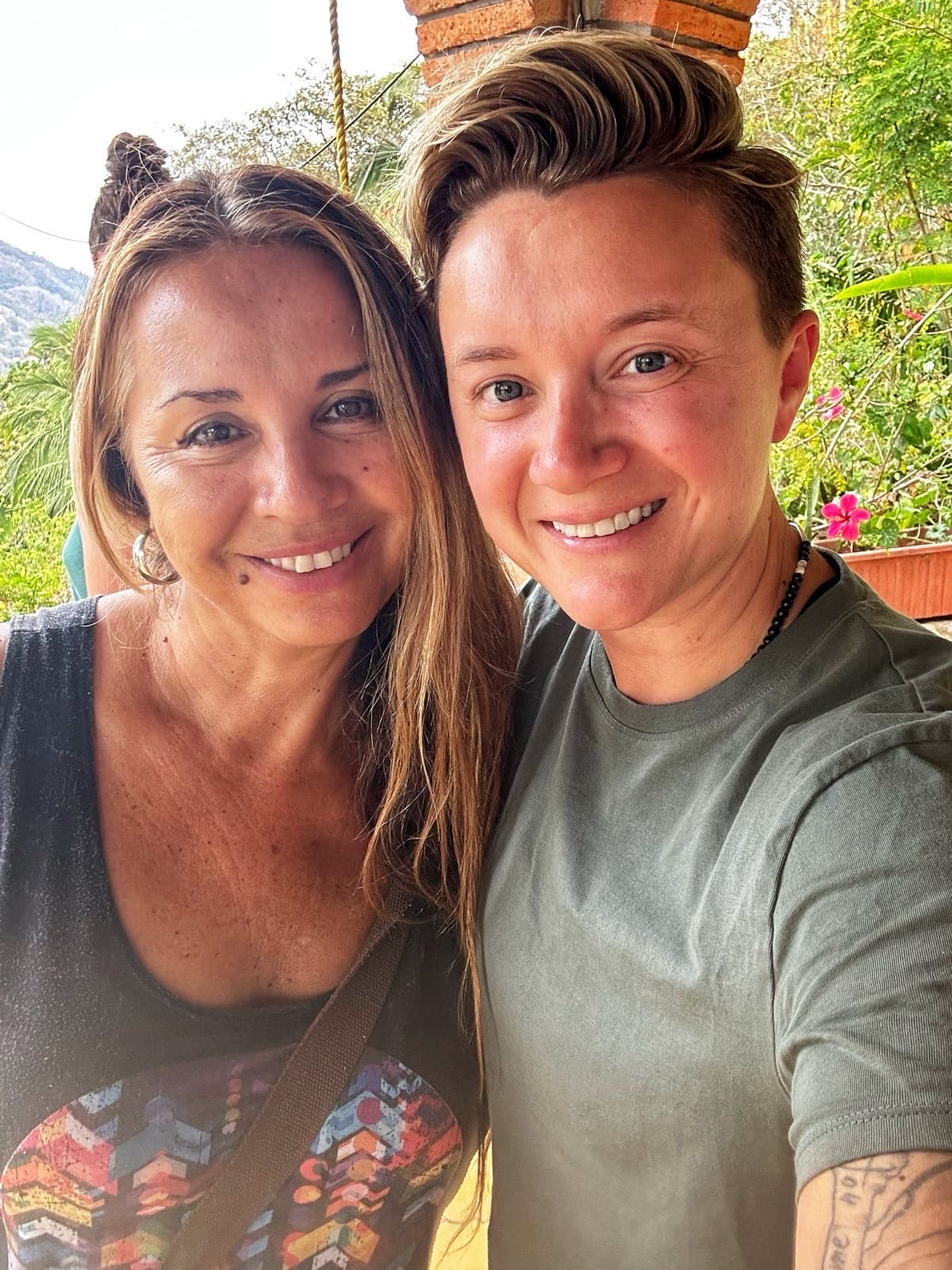

The shift from simply participating in a retreat to also being a key organizer brought a new dimension to the experience. She found herself with a sense of responsibility and emotional investment, especially when it came to her hopes for the other participants, many of whom she knew personally prior to the retreat. Reflecting on this experience and how it fit into her own healing journey, Alex shared that “Ironically, the biggest learning came from practicing non-attachment to the outcomes of other peoples’ experiences. I wanted these women to have epic, transformative, life-saving experiences because that’s what I experienced previously, which is why I’m such an advocate. But healing isn’t linear. It won’t look the same for everyone.” This lesson in compassionate non-attachment was a critical one for Alex as she continued to take on more responsibility in the world of helping Veterans heal.
Now, after attending several all-female retreats, Alex is committed to understanding how the intersections of an individual’s identity impacts their healing journey; she acknowledges that it’s not solely about one aspect of oppression, but rather the interplay of various oppressive factors that significantly affect the individual. “These retreats have evolved beyond just the medicinal aspect; they now emphasize to me the importance of creating a community who can empathize with each other’s struggles, offer support, and heal collectively.” Alex perceives the intersectionality of healing as fundamental to her approach in supporting other marginalized Veterans on their healing journeys.
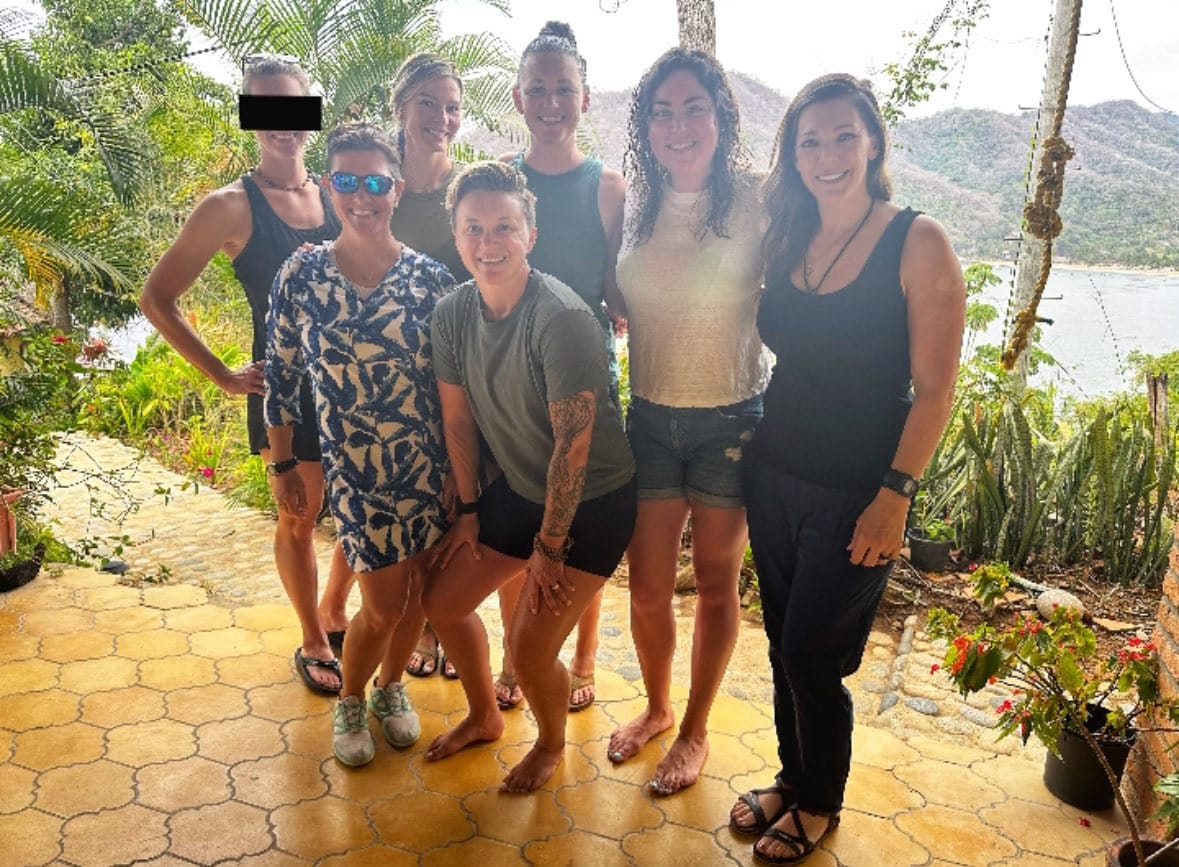

Today, Alex continues to support the Veteran psychedelic movement on several fronts. She is a staunch advocate of increasing access to psychedelic treatments for Veterans, speaking on behalf of HHP at conferences and events, and supporting other organizations in the space. She is a Coach and Retreat Liaison, directly supporting Veterans on their journeys at every stage in the process. She is contributing to the launch of HHP’s first retreat for Veterans in the LGBTQIA+ community, taking place this month. Alex firmly believes in the importance of diverse representation within the mental health practitioner space, stressing the vital role that Veterans play in championing indigenous medicine healers at the forefront of the psychedelic movement. Lastly, and perhaps most importantly, she is deeply committed to continuing her own healing work, knowing that it will only further her ability to help others.
To those considering whether psychedelics might help them, she says: “It’s tough, it requires a lot of individual work but there is healing on the other side. And the process is not just about the retreats; it’s about the continuous journey of self-discovery and acceptance.”
Alex is also a writer, and has found significant healing through her work as a poet. She will be attending Sarah Lawrence to pursue her MFA in creative writing.


